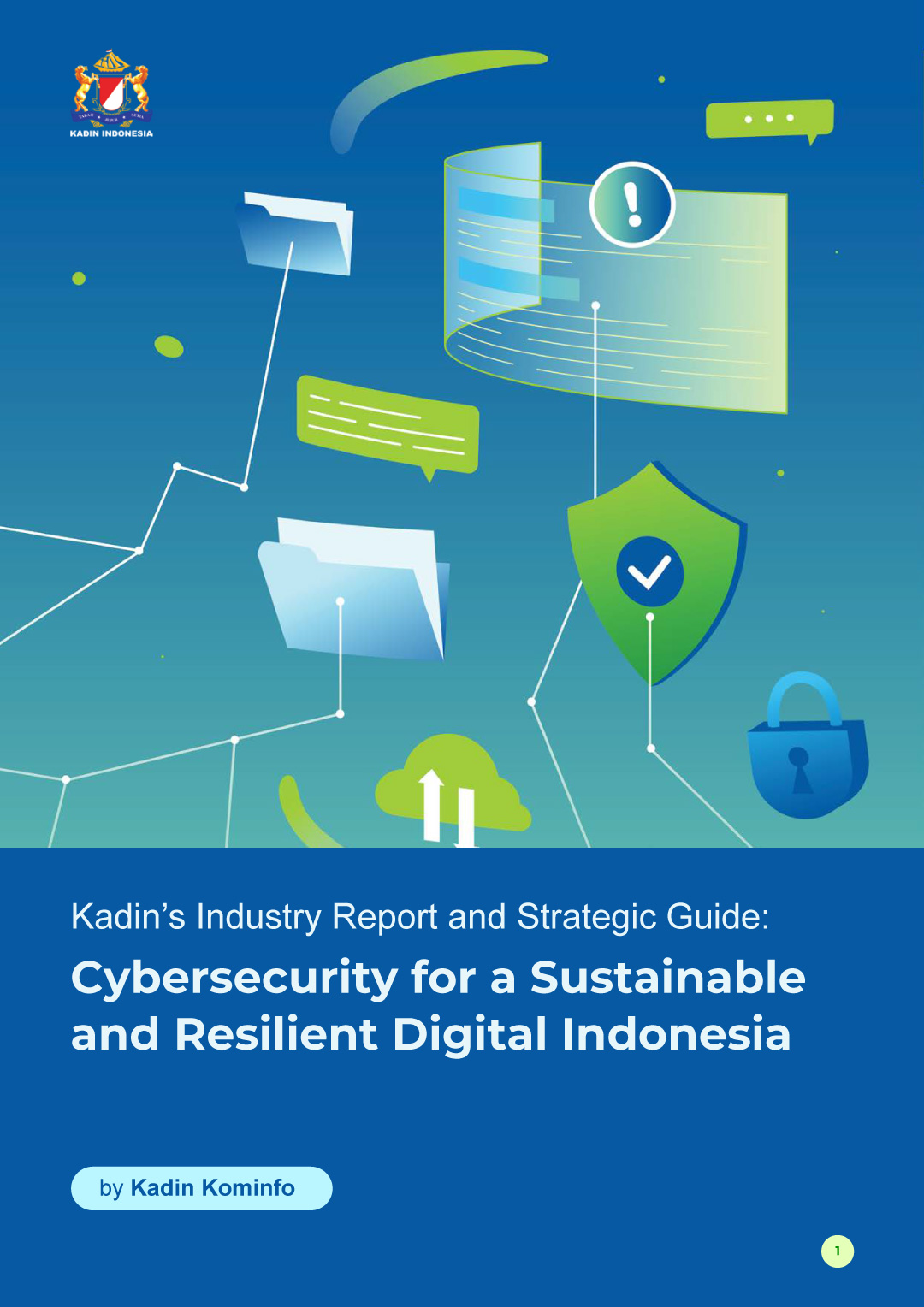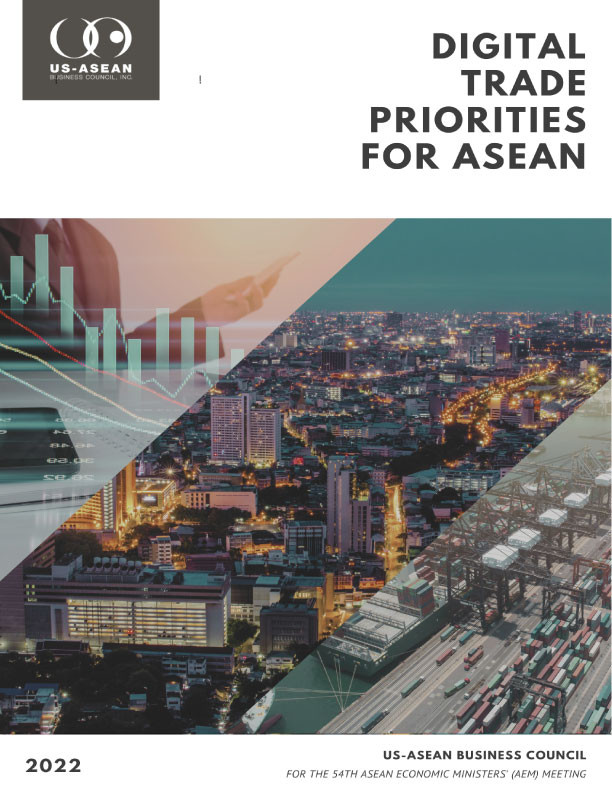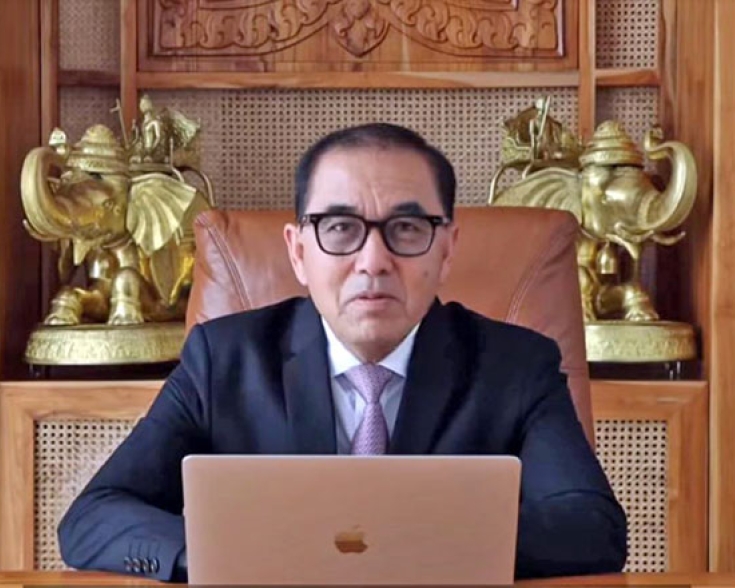Cambodia's Digital Transformation: 5G Rollout and Strengthened Cybersecurity Partnerships

Cambodia is taking bold steps towards strengthening its digital infrastructure with the approval of a nationwide fifth-generation (5G) internet system, authorized by Prime Minister Hun Manet. This move is part of the country’s broader strategy to enhance digital government, businesses, and citizen engagement. The Ministry of Posts and Telecommunications (MPTC) is working on integrating 5G into Cambodia’s telecommunications sector, focusing on expanding bandwidth and network coverage to meet the growing demand for high-speed internet. Additionally, long-term initiatives, such as undersea internet connections, are already in the works.
At a recent conference summarizing Cambodia's digital progress from 2020 to 2024, Cheang Sopheak, the director-general of MPTC's Directorate General of Radio Frequency Spectrum Management, discussed the transformative potential of 5G. With gigabit-per-second data speeds, low latency, and enhanced connectivity, 5G will revolutionize sectors like healthcare, augmented reality, industrial automation, and smart cities. Short-term deployments will focus on easing data congestion in urban areas, while long-term objectives aim to support applications such as the Internet of Things (IoT) in agriculture and smart city infrastructure. The successful deployment of 5G will help Cambodia accelerate its digital economy and establish itself as a leader in Southeast Asia’s telecommunications landscape.
In parallel with the 5G initiative, Japan is enhancing its cybersecurity cooperation with Cambodia, pledging JPY 750 million (US$5 million) to improve the country’s digital security. The funds will support the purchase of cybersecurity equipment, particularly for election-related infrastructure, addressing concerns over outdated technology and the growing threat of cybercrimes. Japan’s commitment also includes ongoing training programs for Cambodian officials to combat cybercrime. Additionally on the digital front, Cambodia has partnered with China’s Alibaba Cloud to develop e-commerce platforms, boost digital literacy, and improve infrastructure for local businesses. This collaboration is expected to drive Cambodia’s digital economy forward by increasing market access and fostering an inclusive digital environment for small and medium enterprises.








